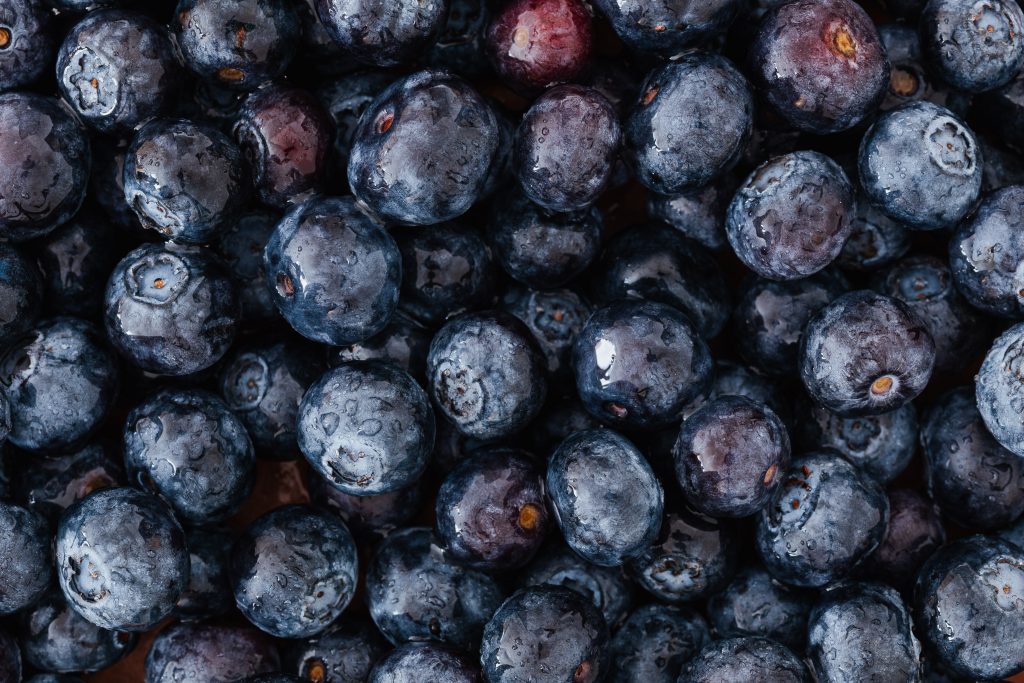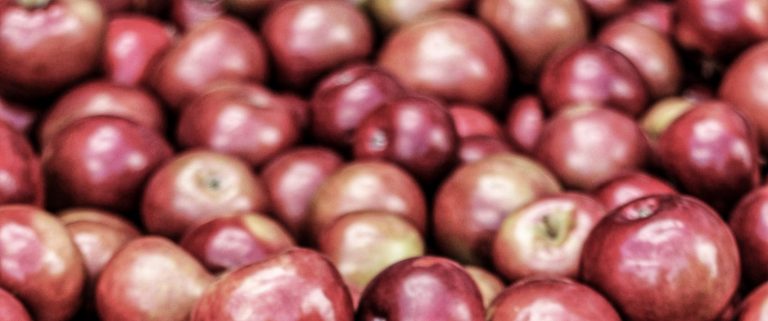Fresh produce transportation
For many consumers, the demand for fresh produce may not always align with seasonality. This poses a challenge for many wholesalers looking to transport summer fruit and veg, in the winter.
This is where fresh produce transportation plays a crucial role in maintaining the quality and freshness from the country of origin, all the way to the country of destination. But how exactly is this achieved? Learn everything you need to know in our comprehensive guide.

Why is fresh produce transportation so important?
Transport and logistics are essential when ensuring fresh produce, such as fruit and veg, reach their final destination in the best condition possible. It is without question that most damage and loss of goods happen during transit, which is why the correct measures must be taken when transporting fresh produce. There are some key factors to consider, such as:
- Packaging – fresh produce should be correctly packaged to limit movement during transit, ensure good air circulation and temperature control to maintain quality and freshness.
- Regulations – fresh produce, such as fruit and veg, must comply with the relevant quality and labelling regulations known as ‘marketing standards’ within the UK. This details the requirements regarding the handling, packaging, labelling and transportation of fresh produce being exported and imported from the UK.
Factors affecting fresh produce transportation
Cross contamination – this may occur when fresh produce, such as softer skinned fruit and veg or leafy greens, are transported when already damaged or over-ripe. If this is the case, it should be removed from shipping containers before other produce is transported to prevent cross contamination.
Temperature – temperature controls can make all the difference to how fresh produce is transported. The warmer the temperature, the more moisture occurs – creating a dangerous environment for harmful bacteria to grow. It is recommended to cool produce down as soon as it is harvested, and maintain a cool, clean environment to prolong the shelf-life.
Vehicles – selecting a reliable logistics provider to carry your fresh produce makes all the difference to how they end up at their final location. Vehicles transporting fresh produce should be well refrigerated and clean, whilst also allocating the correct amount of space to avoid overloading.
Handling & Storage – as most goods get damaged during transit, it is key to handle and store fresh produce with care. To avoid premature spoilage and bruising, ensure goods are loaded into vehicles correctly. Aim to limit the amount of space between items to avoid vibrations and shocks during transit.
Documentation & Procedures – ensuring the correct documentation and procedures are followed can make all the difference to the freshness of the produce. If fresh produce is being transported long distances, regular vehicle and produce inspection is necessary to help keep a record of the quality of produce in transit from the beginning to the end of the chain.
Why choose Lesters Logistics for your haulage?
Here at Lesters, we are experts in providing logistics and transport. To see how we can help you, get in touch with our helpful team today.

